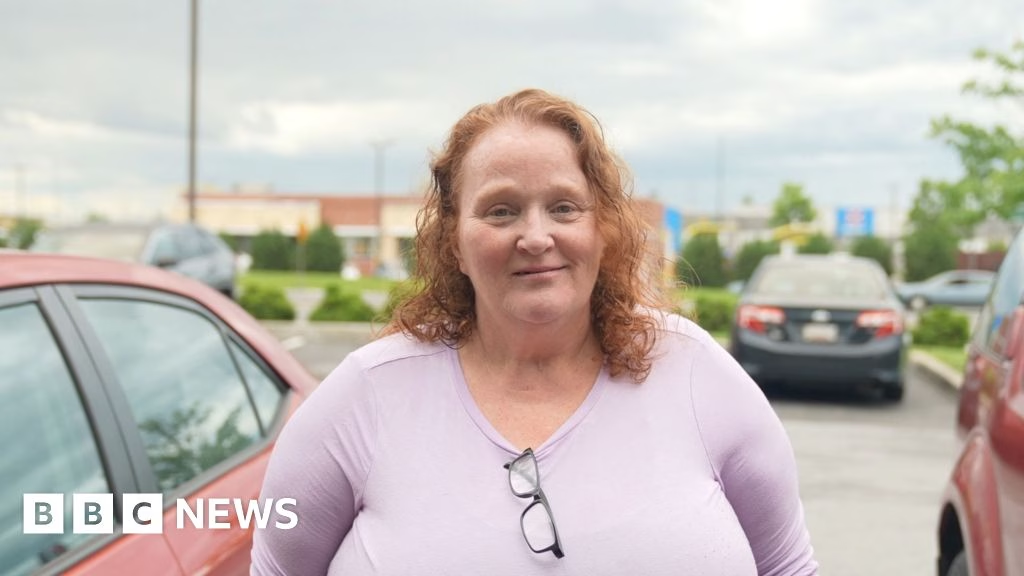Elizabeth Butler, a resident of Martinsburg, West Virginia, goes to different supermarkets in her hometown to find the best deals on groceries for her family. She is one of 42 million Americans who rely on federal food subsidies, although the financial assistance does not cover the entire monthly expenses for her family of three. The money that is allocated to these subsidies may run out as Congress is getting ready to vote on a bill proposed by US President Donald Trump. This bill includes various budget cuts, including those for the Supplemental Nutrition Assistance Program (SNAP). SNAP provides monthly financial assistance to low-income households, families with children, and people with disabilities. In West Virginia, which is known to have high poverty rates, 16% of the population relies on SNAP benefits. Although Trump’s campaign promised to reduce the cost of living, including the price of groceries, prices for commonly purchased items such as orange juice, eggs, and bacon have increased since he made the pledge. Fragmented opinions exist within the Republican party regarding the funding of social welfare programs such as SNAP and Medicaid. Some believe that the government should balance the budget, while others think that the programs are necessary to help their constituents. Current polls indicate that there is a lack of support for the cuts to SNAP and Medicaid among everyday Americans, and the decision to vote for or against these cuts has caused a divide amongst Republicans. Changes to SNAP could harm certain families who depend on the program to feed themselves. Opposition to the cuts comes from people who believe that the government has a responsibility to provide for its citizens, regardless of their political affiliation.
Source: https://www.bbc.com/news/articles/czx0e9p9nrko






